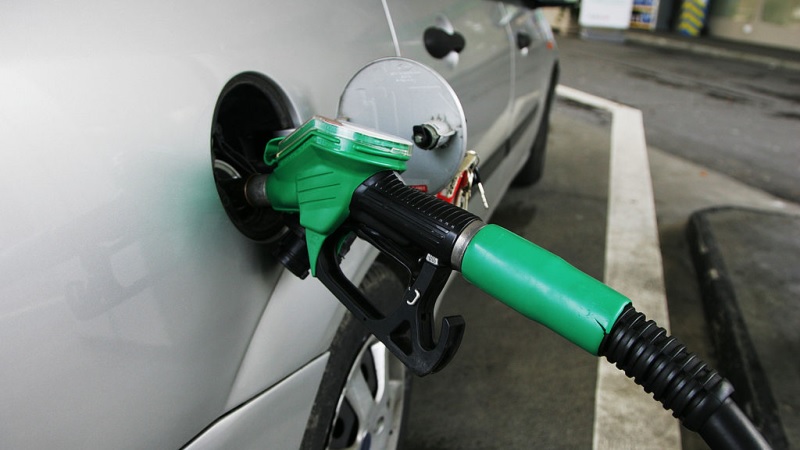The UK, Colombia and New Zealand have signed on to a coalition of governments aiming to phase out fossil fuel subsidies, joining 13 other mainly European nations in the alliance.
Vance Culbert, the manager of the coalition’s secretariat from the International Institute for Sustainable Development (IISD), told Climate Home at COP29 in Baku that half a dozen more countries – including “a few larger economy developing countries” are talking privately to them about joining too.
The coalition, launched a year ago at COP28 in Dubai, aims to address international barriers to phasing out subsidies, such as global restrictions on taxation of aviation and shipping fuels.
In 2022, IISD estimates governments spent $1.5 trillion bankrolling fossil fuels – an “all-time high” fuelled by wide-ranging domestic support to consumers hit with higher bills as a result of the energy crisis sparked by Russia’s invasion of Ukraine.
The figure is expected to be much lower in 2023 when energy prices decreased.
Fossil fuel transition talks rescued from brink of collapse at COP29
The coalition commits to working together to remove international treaties that are a barrier to dismantling subsidies. The Dutch government, which leads the coalition, estimated that “half of all subsidies are tied up in international agreements”, meaning cooperation is needed to scrap them.
Its members have also promised to develop national strategies to phase out their subsidies by COP30 next year and to produce inventories showing how they subsidise fossil fuels and at what cost.
The 13 original members agreed at COP28 to publish their subsidy inventories by COP29. But just four – the Netherlands, Belgium, France and Ireland – have done so.
Ireland found that its fossil fuel subsidies amounted to €4.7 billion ($5 bn) in 2022. The country’s statistics office said these included subsidies to households and businesses to reduce energy costs and tax cuts on fossil fuels like petrol and diesel.
The Netherlands also had these types of subsidies and also reported subsidising company cars, plane tickets, jet fuel and fuel for farming and forestry.
Canada, Spain and Switzerland are among those not to have produced their inventories on time, alongside the only developing countries that joined the coalition last year – Costa Rica and Antigua and Barbuda.
New UN carbon market standards are a step change in protecting people and planet
At a press conference hosted by the coalition at COP29 on Tuesday, Canada’s climate ambassador Catherine Stewart said the government was “in the process of finalising” its inventory. IISD’s Culbert said Austria’s would be published this week.
The Dutch climate minister, Sophie Hermans, said those governments that have not published their inventory “are working on it”. “But making it transparent is a hard, hard task,” she added.
Culbert agreed that releasing an inventory is “really complicated” – because if you just release one without social consultation, “then it risks failing”.
He pointed to demonstrations across Europe against the removal of fuel subsidies for farmers, aviation and other sectors. Even just identifying a subsidy – let alone scrapping it – can spark demonstrations, he said.
To reduce the political push-back and pain, Culbert said, governments should consult widely, reduce subsidies slowly and provide targeted support for vulnerable populations.
He added that it also needs to be a “whole of government approach”. While climate ministries make the promises at COPs, he said, the finance, industry and other ministries need to be on board too.
(Reporting by Joe Lo; editing by Matteo Civillini)
